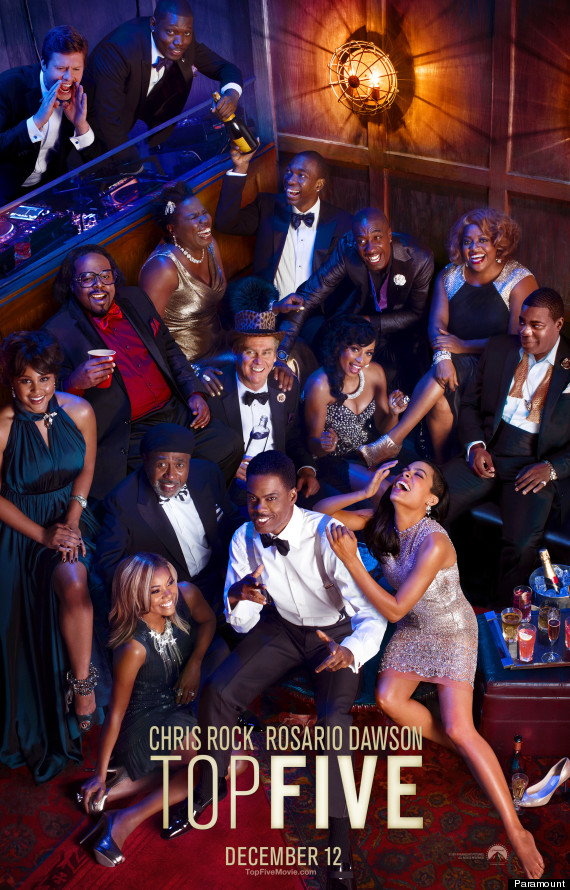 I'm working on a lesson plan I thought I'd share.
I'm working on a lesson plan I thought I'd share.You see, there's this thing people do when writing academic texts, and if I can teach it effectively, that thing will help student writers sound more like the professors and TAs they are writing for.
That thing is the academic hedge.
It is a writing technique used to express "medium certainty."
The hedge is common in academic writing because of an important value academics hold: Everything is up for debate.
We are allowed to argue any and all points in scholarly work, and this means writers often hedge when making a claim most would normally state as a pointed fact.
For example:
"Everything is up for debate" might become "Academic language suggests that most claims are up for debate."
This is not an easy thing to teach, because many students read examples like that and conclude: Academic writing is more wordy.
And that's actually wrong. Academic writing doesn't want to be wordy, but some claims need a hedge. So we add words, but adding words alone does not "sound academic." The added words have to perform a specific function.
There's another reason this is hard to teach. It's boring. Hedging is a boring lesson.
There are charts of words you can use and examples of hedged claims, but those resources by themselves, while important, are not terribly engaging.
Then I re-heard a favorite comedy song.
The title alone might clue you into why this is a good song to demonstrate hedging, but even if you already get it, the song is worth a listen (it starts at 1:30).
Getting a grasp on hedging might be a bit more fun with gems like this:
And when you're on the street, depending on the street//I'll bet you are definitely in the top three//Good looking girls on the street//Depending on the streetI like to think it would be fun to have students identify the hedges and write out the more direct claims the singer is hedging against.
From there I'd ask students to look at some examples of hedging in news reporting. Then we could look at examples of hedging in academic writing. We would finish up by revising some of the claims the students wrote in drafts for the class.
So, I'm working that up, and I wanted to throw it on the blog for two reasons:
- First, I like explaining that hedging demonstrates the value scholars put on debate.
- Second, I like showing how a community's values impacts the writing done in that community.
- Third, I...
Three! There are three reasons I put this on the blog.






